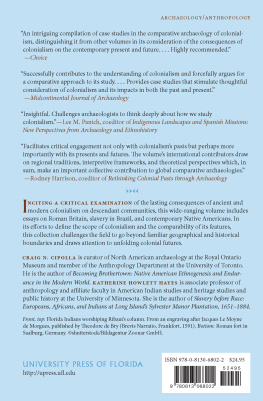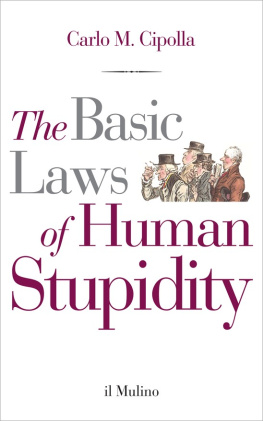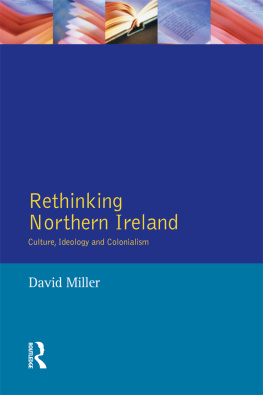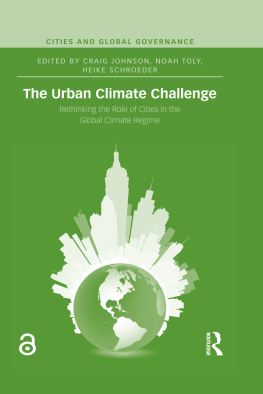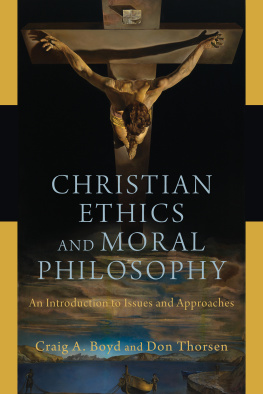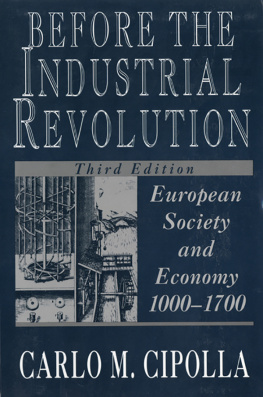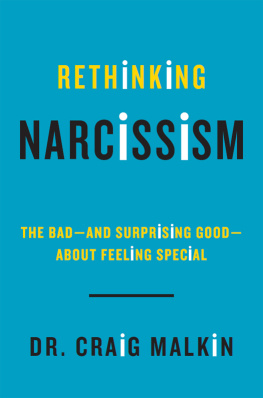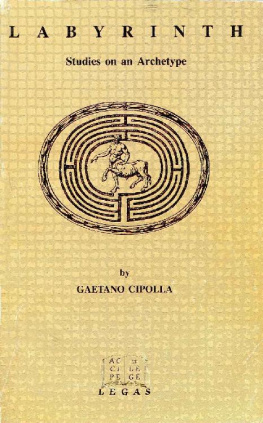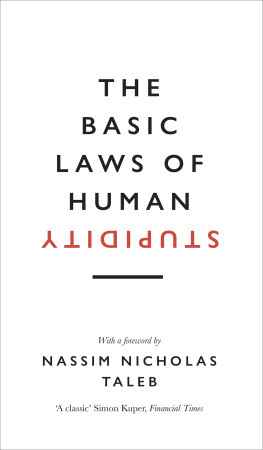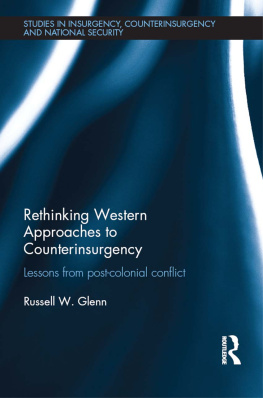Craig N. Cipolla - Rethinking Colonialism: Comparative Archaeological Approaches
Here you can read online Craig N. Cipolla - Rethinking Colonialism: Comparative Archaeological Approaches full text of the book (entire story) in english for free. Download pdf and epub, get meaning, cover and reviews about this ebook. year: 2019, publisher: University Press of Florida, genre: Politics. Description of the work, (preface) as well as reviews are available. Best literature library LitArk.com created for fans of good reading and offers a wide selection of genres:
Romance novel
Science fiction
Adventure
Detective
Science
History
Home and family
Prose
Art
Politics
Computer
Non-fiction
Religion
Business
Children
Humor
Choose a favorite category and find really read worthwhile books. Enjoy immersion in the world of imagination, feel the emotions of the characters or learn something new for yourself, make an fascinating discovery.
- Book:Rethinking Colonialism: Comparative Archaeological Approaches
- Author:
- Publisher:University Press of Florida
- Genre:
- Year:2019
- Rating:4 / 5
- Favourites:Add to favourites
- Your mark:
- 80
- 1
- 2
- 3
- 4
- 5
Rethinking Colonialism: Comparative Archaeological Approaches: summary, description and annotation
We offer to read an annotation, description, summary or preface (depends on what the author of the book "Rethinking Colonialism: Comparative Archaeological Approaches" wrote himself). If you haven't found the necessary information about the book — write in the comments, we will try to find it.
Rethinking Colonialism: Comparative Archaeological Approaches — read online for free the complete book (whole text) full work
Below is the text of the book, divided by pages. System saving the place of the last page read, allows you to conveniently read the book "Rethinking Colonialism: Comparative Archaeological Approaches" online for free, without having to search again every time where you left off. Put a bookmark, and you can go to the page where you finished reading at any time.
Font size:
Interval:
Bookmark:
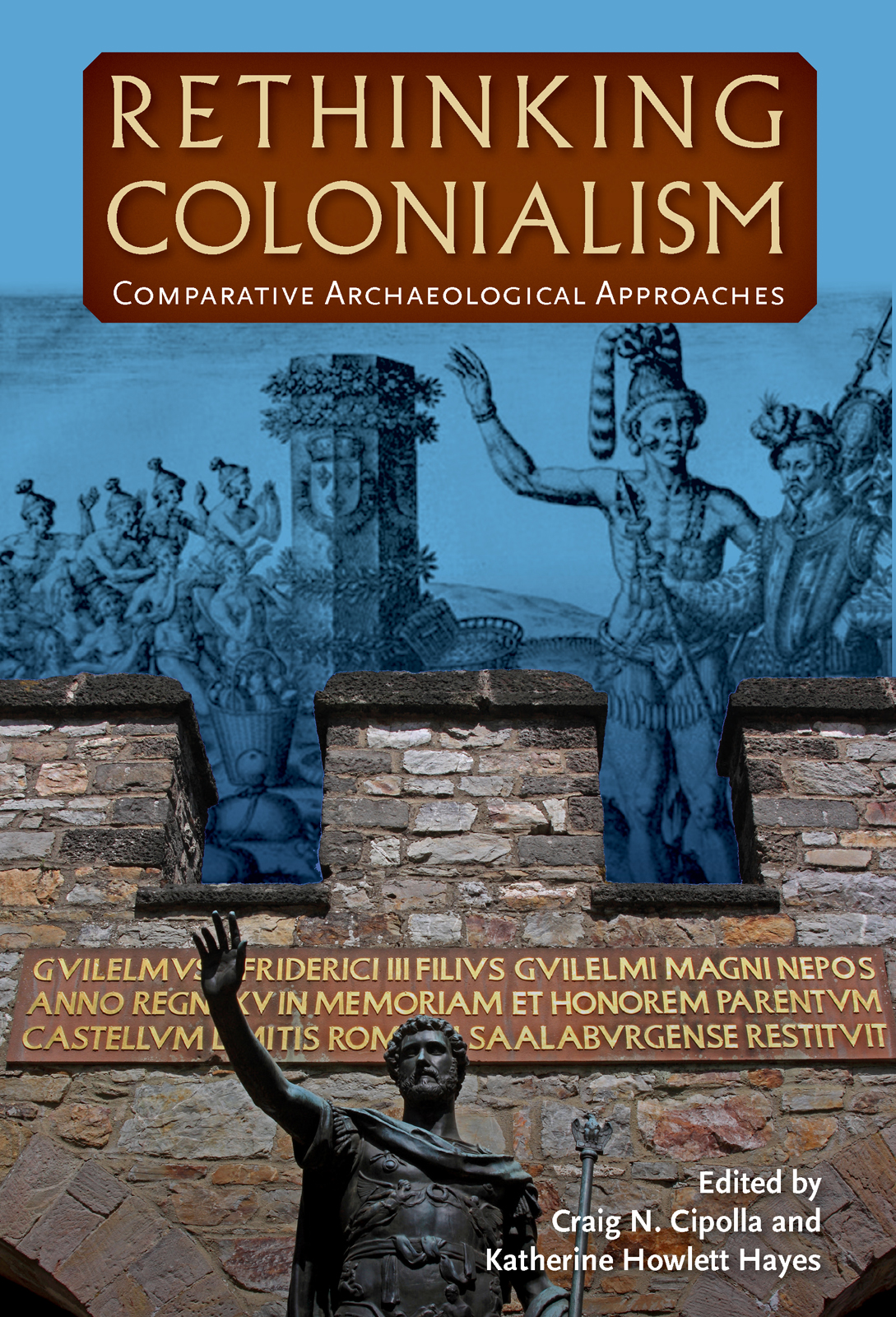

UNIVERSITY PRESS OF FLORIDA
Florida A&M University, Tallahassee
Florida Atlantic University, Boca Raton
Florida Gulf Coast University, Ft. Myers
Florida International University, Miami
Florida State University, Tallahassee
New College of Florida, Sarasota
University of Central Florida, Orlando
University of Florida, Gainesville
University of North Florida, Jacksonville
University of South Florida, Tampa
University of West Florida, Pensacola
COLONIALISM
Edited by Craig N. Cipolla and Katherine Howlett Hayes
University Press of Florida
Gainesville Tallahassee Tampa Boca Raton
Pensacola Orlando Miami Jacksonville Ft. Myers Sarasota
Copyright 2015 by Craig N. Cipolla and Katherine Howlett Hayes
All rights reserved
Published in the United States of America
This book may be available in an electronic edition.
First cloth printing, 2015
First paperback printing, 2020
25 24 23 22 21 20 6 5 4 3 2 1
LIBRARY OF CONGRESS CATALOGING-IN-PUBLICATION DATA
Rethinking colonialism : comparative archaeological approaches / edited by
Craig N. Cipolla and Katherine Howlett Hayes.
pages cm
Includes index.
ISBN 978-0-8130-6070-5 (cloth)
ISBN 978-0-8130-6802-2 (pbk.)
1. ColonizationHistory. 2. ImperialismHistory. 3. NationalismHistory.
4. Social history. I. Cipolla, Craig N., 1978- editor. II. Hayes, Katherine
Howlett, editor.
JV105.R48 2015
325'.3dc23
2014048348
The University Press of Florida is the scholarly publishing agency for the State University System of Florida, comprising Florida A&M University, Florida Atlantic University, Florida Gulf Coast University, Florida International University, Florida State University, New College of Florida, University of Central Florida, University of Florida, University of North Florida, University of South Florida, and University of West Florida.

University Press of Florida
2046 NE Waldo Road
Suite 2100
Gainesville, FL 32609
http://upress.ufl.edu
vii
ix
xi
Katherine H. Hayes and Craig N. Cipolla
Craig N. Cipolla
Paul R. Mullins and Timo Ylimaunu
Katherine H. Hayes
Peter S. Wells
Per Cornell
Stephen A. Mrozowski, D. Rae Gould, and Heather Law Pezzarossi
Christina J. Hodge, Diana D. Loren, and Patricia Capone
Richard Hingley
Lcio Menezes Ferreira and Pedro Paulo A. Funari
Stephen W. Silliman
Audrey Horning
As archaeologists, we know that tracing origins of ideas and materials is challenging, especially when searching for a finite beginning. Tracing the origins of this volume is more like a genealogy. In certain ways, we might push the prehistory of this collaboration to 2002, when we first worked in the field together at Sylvester Manor, New York. A few of the themes highlighted in this volume were at least on the peripheries of our discussions of the complicated material culture, features, and overall layout of the plantation site; however, we had not yet a full appreciation of how complex the nature of colonialism was (and is) there. As we each headed off in different directions to complete various degrees, these discussions continued via email and conference meet-ups.
The projects more immediate roots materialized as each of us began working on comparative colonialism in new settings. Kat joined the anthropology department at the University of Minnesota in 2008, and in 2012 Craig took a job overseas, in the University of Leicesters School of Archaeology and Ancient History. Each of these places brought new awareness through new comparisons. For example, the colonial histories of New York and New England have radically different trajectories than those in Minnesota, and these differences are stark in terms of the contemporary political circumstances of American Indian tribes. When teaching a course titled Archaeologies of Colonialism with an explicitly comparative approach, moreover, Kat found that many undergraduates had difficulty even recognizing the United States as colonial beyond the struggles of colonists against the British crown authority. What sparked the students willingness to rethink the grounds of American colonialism were the comparative perspectives on Greek and Roman colonization, the Inca Empire, or the trade diaspora of Uruk. The contemporaneous contexts of Africa, Australia, and South America, with the complicated discourse of indigeneity, opened considerations of whether there are common practices for imposing or resisting colonial power and whether there are common outcomes.
In Leicester, Craig engaged with his new colleagues and was struck by the rich and diverse set of approaches that the School of Archaeology and Ancient History employed in studying the human past. The interdisciplinarity of the dialogues and debates that emerged on a regular basis in the department inspired him to consider the relevance (or lack thereof) that his work on colonialism in Native North American had for his new English colleagues working all across the globe, particularly those who studied colonialism, defined broadly. Some were reluctant to accept the definitions and theories that circulate in North American archaeology and especially the engagement with descendant communities. This made for a lively and arguably productive set of debates.
In January 2012, we began planning a large conference session devoted to comparative colonialism to draw on these insights. The occasion that presented itself was the 2013 Society for Historical Archaeology meetings, held at the University of Leicester. The location offered the opportunity to bring together scholars working in and on Old World and New World contexts. The session was designed to encourage direct engagement among scholars working on very different times and places but with potentially comparable interpretive themes, such as consumption, diaspora, critical approaches to temporality, stakeholders and descendants, and slavery. The symposium, titled Entangling Colonial Narratives New and Old, took place on January 10, 2013. It included papers by Craig Cipolla, Paul Mullins and Timo Ylimaunu, Per Cornell, Stephen Mrozowski, Katherine Hayes, Lucio Menezes Ferreira and Pedro Funari, Jane Webster, Richard Hingley, Christina Hodge, Diana Loren, and Patricia Capone, with Audrey Horning and Kent Lightfoot as discussants.
As the project moved toward the publishing phase, several participants had to drop out. Luckily, Peter Wells and Steve Silliman each agreed to join the project later and contribute to the book. Additionally, Rae Gould and Heather Law Pezzarossi agreed to co-author a chapter with Steve Mrozowski. We very much wanted the published chapters to continue in the spirit of comparative approaches by encouraging authors to engage with one anothers work. To that end, all the draft chapters were circulated among all the authors, not just the editors. As our authors revised, we saw that the original thematic pairings multiplied into connections across many chapters. The remnant of the thematic dialogues resides in the order of the volume chapters, but it became impossible to confine chapters to thematic sections. This, we felt, was part of the point. It has been an enormously satisfying process, and we hope to encourage this type of scholarly collaboration in future projects.
Font size:
Interval:
Bookmark:
Similar books «Rethinking Colonialism: Comparative Archaeological Approaches»
Look at similar books to Rethinking Colonialism: Comparative Archaeological Approaches. We have selected literature similar in name and meaning in the hope of providing readers with more options to find new, interesting, not yet read works.
Discussion, reviews of the book Rethinking Colonialism: Comparative Archaeological Approaches and just readers' own opinions. Leave your comments, write what you think about the work, its meaning or the main characters. Specify what exactly you liked and what you didn't like, and why you think so.

